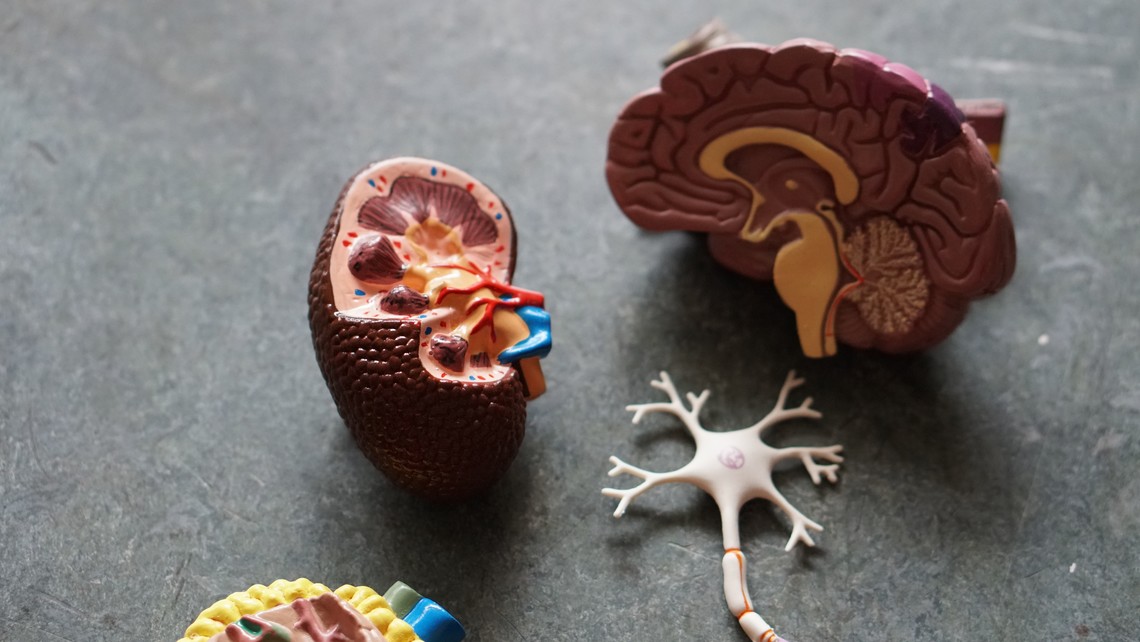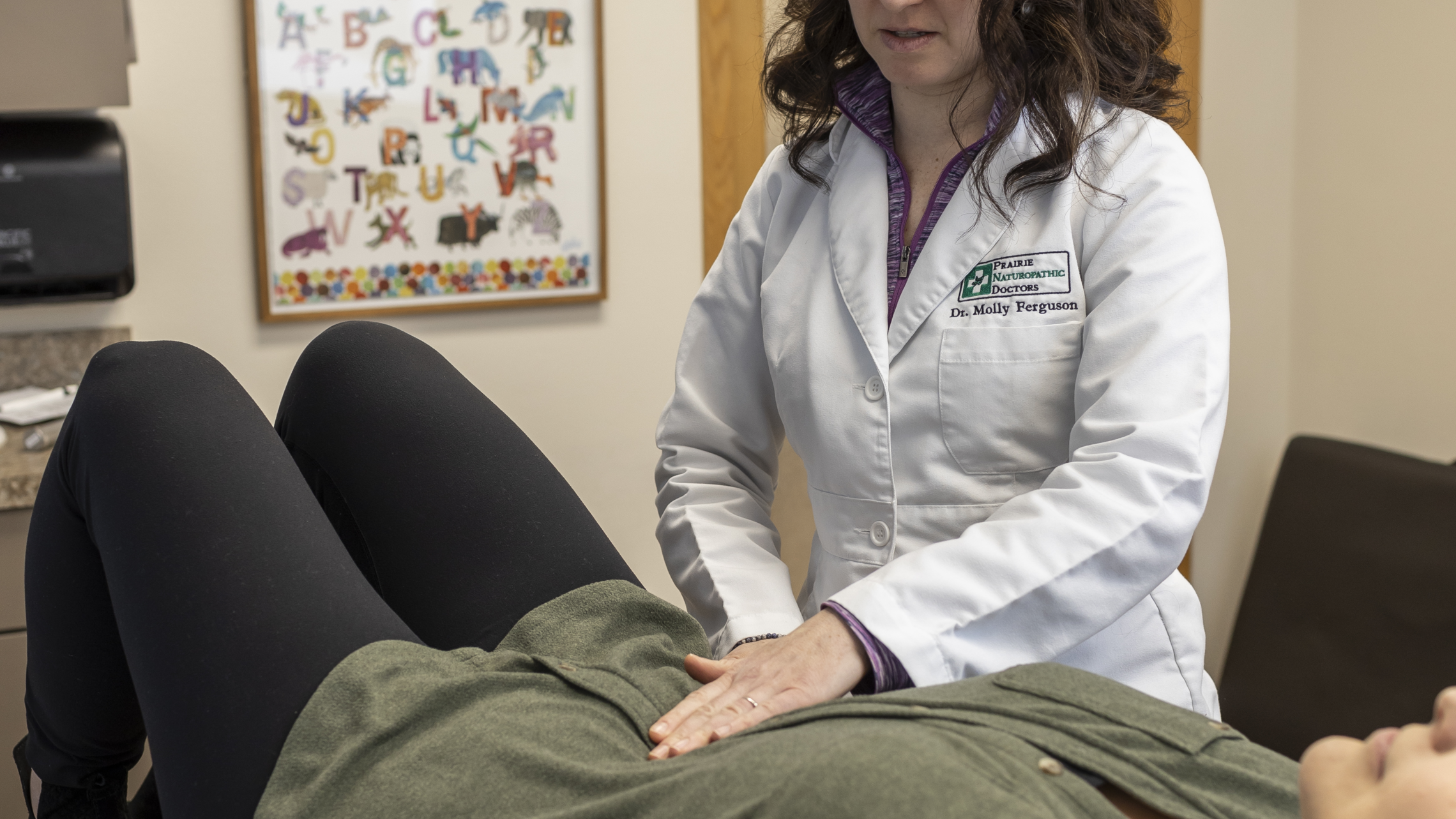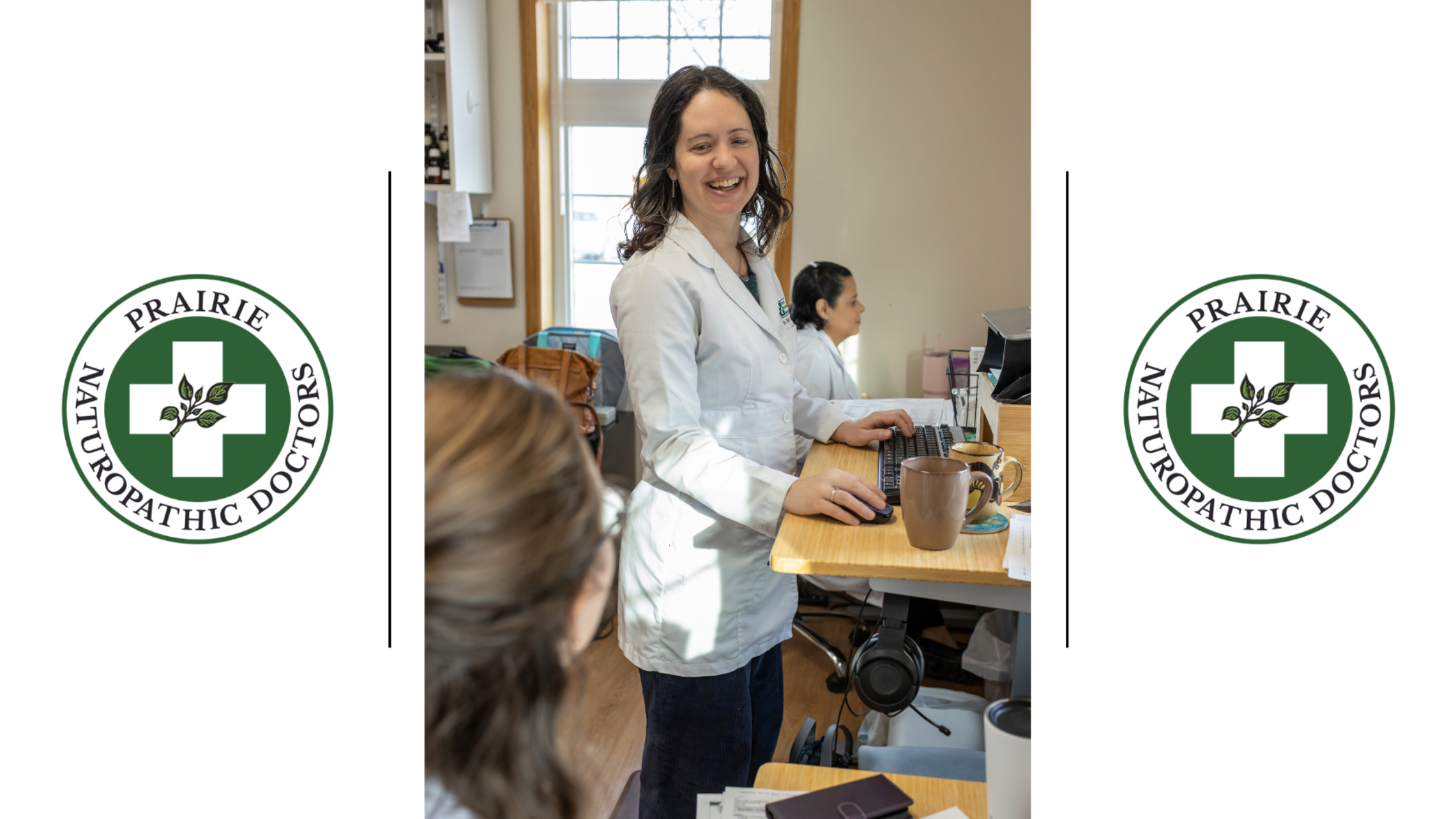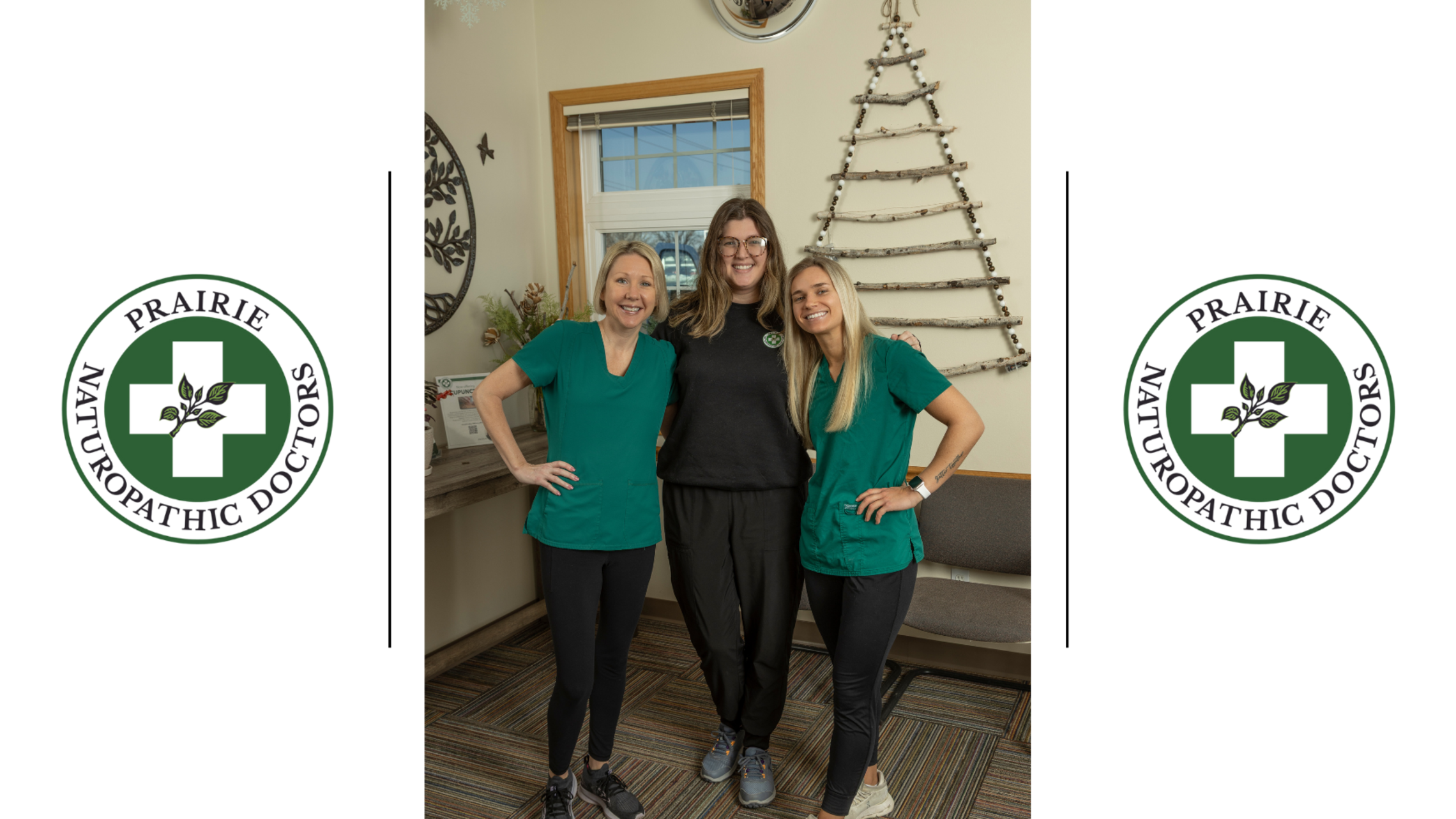Alzheimer’s and Brain Awareness

Spreading awareness and education about Alzheimer’s will reduce stigmas about the disease, improve care, and perhaps even boost the chances of finding a cure. June is Alzheimer’s and Brain Awareness Month, and in this post, I’m going to cover two very difficult topics pertaining to Alzheimer’s: 1) How it progresses within the brain, and 2) How to help someone who is suffering from Alzheimer’s.
Alzheimer’s is the most common type of dementia. Its causes are currently unknown and irreversible, and as of now, there is no cure. It affects 1 in 10 people over the age of 65, and no one is immune. In a patient with Alzheimer’s, tangles of nerve cells in the brain begin to develop little plaques (called “amyloid plaques”), which slow down the communication between brain cells. Over the course of approximately 8 to 10 years, these plaques slowly and steadily take over the brain, one section at a time, causing the patient to lose his or her ability to remember things or process thoughts.
(For a broader overview of dementia, and to find out what Prairie Naturopathic Doctors are doing to help our own patients who are experiencing or showing signs of dementia, Click Here.)
Known risk factors for Alzheimer’s include:
- Family history of dementia
- Gender: women are more likely than men to develop Alzheimer’s
- Age: as people advance in age are more prone to developing the disease
- Presence of other health conditions, such as high blood pressure or high cholesterol
- Head trauma, including concussions and sports injuries to the head
Although there is no surefire way to prevent the disease, your doctor will likely advise good sleep, a healthy lifestyle, a diet such as the Mediterranean diet, regular exercise, brain-stimulating activities such as puzzles and brain-teasers, and social engagement. These practices are, after all, excellent choices for anyone who is generally seeking good health and happiness in life!
Alzheimer’s Takes Over the Brain
- This disease begins in the hippocampus, which amyloid plaques slowly destroy—thus preventing the ability for the patient to form new memories.
- Next, the disease makes its way toward the front of the brain, the center for logical thought, and the patient loses the ability to make plans, solve problems, and grasp concepts.
- From there, the plaques creep toward the part of the brain which regulates emotions. At this point, the patient will slowly begin to lose control over moods and feelings.
- After that, the disease invades the part of the brain which makes sense of the things a patient sees, hears, and smells. Hallucinations can occur as the plaques wreak havoc on the person’s senses.
- Eventually, the patient’s oldest and most precious memories are destroyed, as the plaques reach the back of the brain.
- Near the end, the patient’s balance and coordination become affected.
- Finally, the disease destroys the part of the brain which regulates breathing and the heart.
How to Help Someone with Alzheimer’s
If you’ve never personally watched a friend or loved one progress through the stages of this disease, then you may not recognize it at first for what it is. Symptoms can present themselves as part of the “normal aging process,” although they are certainly not. Here are some things you can do to help an Alzheimer’s patient feel less frustrated and more at ease.
- Create a safe environment. First, remove any items which might lead to falls, such as throw rugs and cords. Install locks on doors and cabinets. Lower the water heater temperature to 120, to avoid burns. Keep matches and lighters out of reach.
- Remain flexible. Someone who is just beginning to need special care due to this disease, probably does not yet perceive that he or she needs this kind of care. In other words, potential arguments and disagreements will likely arise, as the patient clings to independence. Try to reach a gentle compromise when it comes to certain touchy subjects: relax or adjust your standards.
- Reduce frustrations. Someone with this disease may feel disconcerted or agitated when faced with his or her limitations, so it will help if you are able to plan a routine which limits choices and reduces distractions.
- Seek Support. Caregivers are easily burned out, especially when they happen to be friends or family of the patient. Burnout can result from multiple factors, including the onset of grief over the changed relationship, as well as the taking on of new roles and increased responsibilities.
Whether you are seeking gentle, whole-person care for your loved one who is experiencing Alzheimer’s or the onset thereof—or looking to gain support and care for yourself, both physical and emotional—please visit Prairie Naturopathic Doctors to receive the best possible care for your situation.
Remember BUILD HEALTH. LIVE WELL.
References:
https://naturemed.org/faq/how-do-naturopathic-doctors-treat-alzheimers-d...
https://42shops.com/blogs/dp/stuffed-animals-help-dementia
Our Recommended Products - Alzheimer's aids





